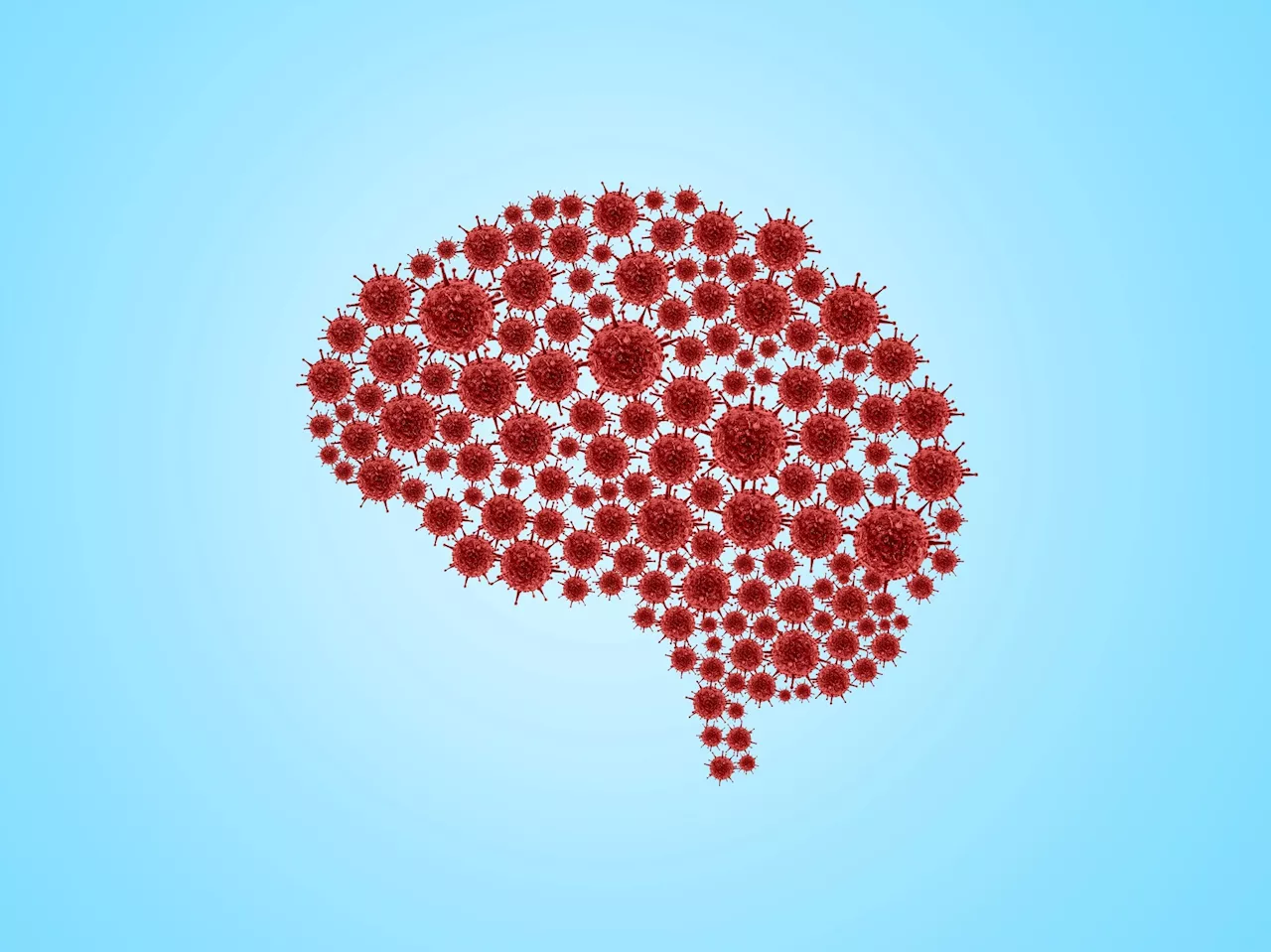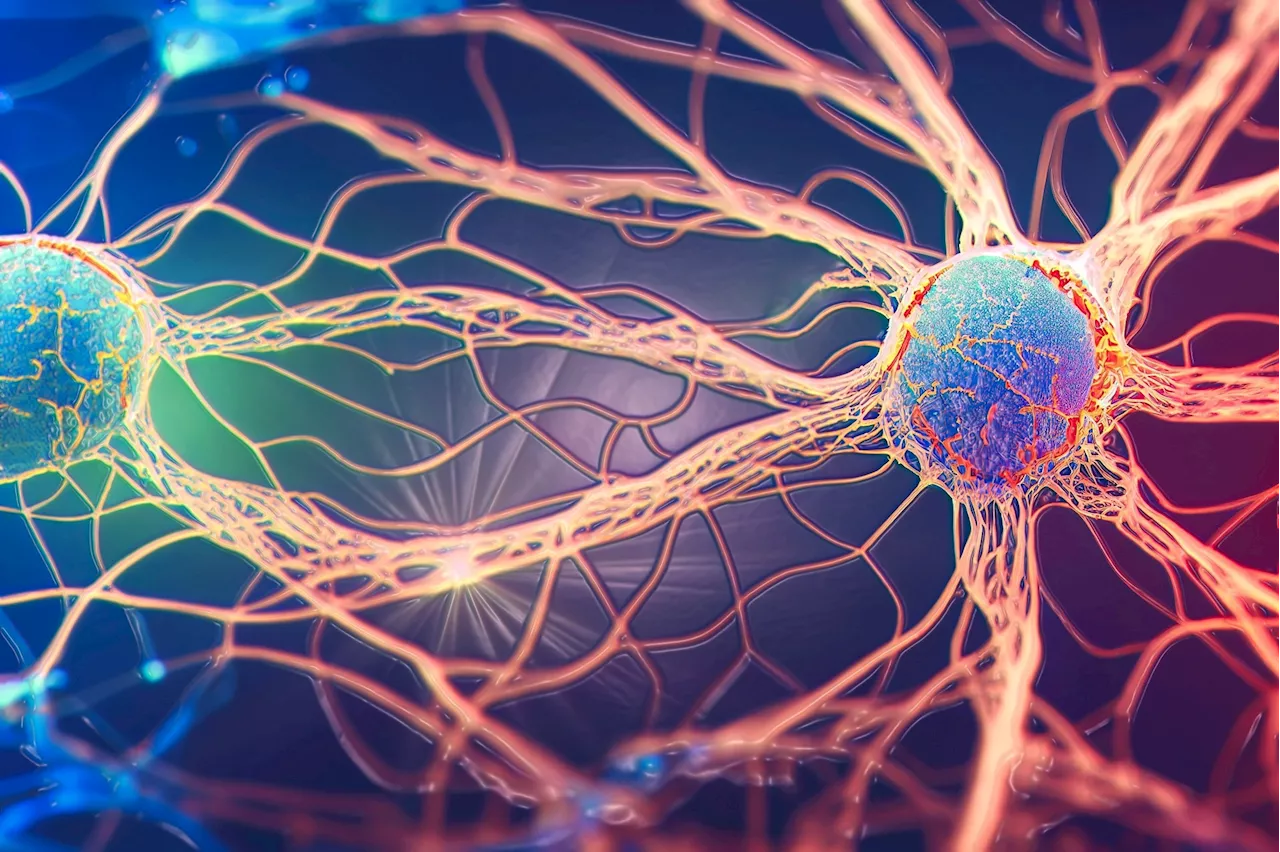Researchers examine the relationships between neuropsychiatric and cognitive polygenic scores, attention-related phenotypes, and psychosis symptoms.
By Tarun Sai LomteReviewed by Benedette Cuffari, M.Sc.Nov 1 2024 Study reveals genetic links between attention deficits, functional brain connectivity, and early psychosis risk in adolescents.
Attention deficits and schizophrenia risk Attention problems often present long before psychotic symptom onset in people who later develop schizophrenia . In fact, attention deficits are among the earliest signs of psychosis risk; therefore, attentional impairment and neurodevelopmental alterations may reflect a genetic predisposition to SCZ.
Data were obtained from 11,855 children from the adolescent brain cognitive development study, which monitored individuals between nine and eleven years of age at baseline for 10 years. Individuals with symptoms aligning with psychosis-spectrum disorders were included in the study. A summary score for PQ-BC distress was calculated as a measure of PLEs. All study participants underwent brain magnetic resonance imaging . Within- and between-network functional connectivity was determined using pairwise correlations.
Study findings Altered FC and greater IIV were associated with more severe PLEs. Greater IIV was associated with increased PLE severity, according to the PQ-BC distress score. A weaker anticorrelation between DMN and DAN, as well as between DMN and CON, was significantly associated with the severity of PLEs.
PGSs were not associated with the DAN-DMN anticorrelation or within-network FC of the DAN. Notably, IIV-mediated associations between cognitive, Neurodev, and ADHD PGSs and PLEs were involved in 4-16% of these relationships.
Genetic Brain Genome Mental Health Psychosis Schizophrenia
United Kingdom Latest News, United Kingdom Headlines
Similar News:You can also read news stories similar to this one that we have collected from other news sources.
 Mild COVID-19 disrupts brain connectivity and reduces memory function in adolescents and young adultsStudy reveals localized brain changes in adolescents and young adults post-COVID, including reduced hippocampal volume and disrupted connectivity, correlating with impaired working memory. These findings highlight the importance of understanding long-term cognitive effects of mild COVID-19.
Mild COVID-19 disrupts brain connectivity and reduces memory function in adolescents and young adultsStudy reveals localized brain changes in adolescents and young adults post-COVID, including reduced hippocampal volume and disrupted connectivity, correlating with impaired working memory. These findings highlight the importance of understanding long-term cognitive effects of mild COVID-19.
Read more »
 How physical activity and diet impact sleep in adolescentsResearchers review the impact of physical activity and diet on the duration and quality of sleep among adolescents.
How physical activity and diet impact sleep in adolescentsResearchers review the impact of physical activity and diet on the duration and quality of sleep among adolescents.
Read more »
 Study reveals bias in substance use screening for injured adolescentsInjured adolescents from marginalized groups treated at pediatric trauma centers are more likely to be tested for drugs and alcohol than white adolescents, even when accounting for injury severity, a study led by researchers at UCLA and Children's Hospital Los Angeles suggests.
Study reveals bias in substance use screening for injured adolescentsInjured adolescents from marginalized groups treated at pediatric trauma centers are more likely to be tested for drugs and alcohol than white adolescents, even when accounting for injury severity, a study led by researchers at UCLA and Children's Hospital Los Angeles suggests.
Read more »
 GLP1R medications show promise in reducing suicidal ideation among adolescents with obesityAdolescents treated with GLP1R drugs for obesity exhibit fewer suicidal thoughts, indicating potential mental health benefits of these medications.
GLP1R medications show promise in reducing suicidal ideation among adolescents with obesityAdolescents treated with GLP1R drugs for obesity exhibit fewer suicidal thoughts, indicating potential mental health benefits of these medications.
Read more »
 Cannabis use linked to thinning cerebral cortex in adolescentsCannabis use may lead to thinning of the cerebral cortex in adolescents according to a recent study led by Graciela Pineyro and Tomas Paus, researchers at CHU Sainte-Justine and professors at the Université de Montréal Faculty of Medicine.
Cannabis use linked to thinning cerebral cortex in adolescentsCannabis use may lead to thinning of the cerebral cortex in adolescents according to a recent study led by Graciela Pineyro and Tomas Paus, researchers at CHU Sainte-Justine and professors at the Université de Montréal Faculty of Medicine.
Read more »
 Legalization of cannabis associated with rising use among adolescentsA study in the Journal of the American Academy of Child and Adolescent Psychiatry (JAACAP), published by Elsevier reports that the legalization of recreational cannabis in various states in the US has resulted in an increased likelihood of cannabis use in the past month among adolescents and young adults.
Legalization of cannabis associated with rising use among adolescentsA study in the Journal of the American Academy of Child and Adolescent Psychiatry (JAACAP), published by Elsevier reports that the legalization of recreational cannabis in various states in the US has resulted in an increased likelihood of cannabis use in the past month among adolescents and young adults.
Read more »
